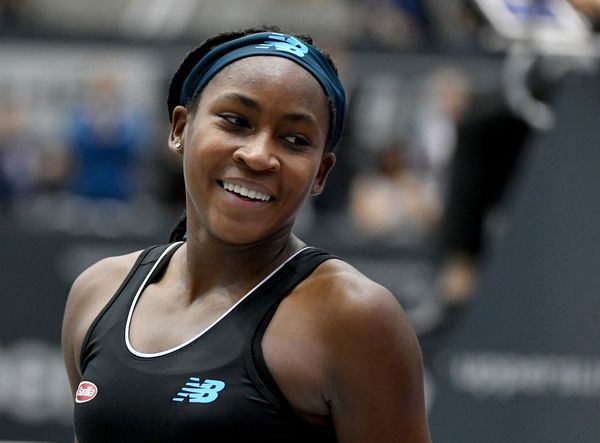Layoffs and studio closures at the major video game publishers could mark a bottom for video game stocks, analysts say. After a rough couple of years post-pandemic, Electronic Arts, Microsoft, Take-Two Interactive Software and others are taking action to focus their operations on what's working in the current climate.
"It feels like a general reset lower on development and the number of games produced," Benchmark analyst Mike Hickey told Investor's Business Daily. "There's a lot of emphasis in focusing on the key titles."
Wedbush Securities analyst Michael Pachter says the industry belt-tightening should be positive for video game stocks.
"Cost-cutting is always reactive," Pachter told IBD. "It's either reactive to the fact that they know they're on the wrong path in their strategy or investors are demanding higher profitability over the near term."
Video game publishers are responding to changing market dynamics, Pachter said. They are pivoting to growth areas like free-to-play games and subscription services. And they're concentrating on major hit franchises, he said.
"Consumer tastes have moved away from buying anything that comes out to really only going for the big propositions like (Microsoft's) 'Call of Duty,' " he said. "They're closing studios that aren't making big hits."
'Challenging Period' For Video Game Stocks
The video game industry is mirroring the movie industry, which is now focused on big event films for theatrical release, Pachter said.
The console game business is not growing and is seeing fewer new releases. At the same time, the hit console games are seeing longer engagement with consumers thanks to live services.
Plus, subscription services like Microsoft's Game Pass allow consumers to play a library of games for a low monthly fee, which starts at $10. By comparison, new console games cost $50 to $70 each.
"It's been a challenging period" for game publishers and video game stocks, Benchmark's Hickey said. "I hope it's a bottom. It just takes time though."
Game Studio Closures, Layoffs
On May 7, Microsoft's Xbox division shut down four video game studios in what it called a "reprioritization of titles and resources." The affected studios were units of Bethesda Softworks, which Microsoft acquired in 2021.
Those studio closures came after Microsoft in January laid off about 1,900 employees in its video game division, or about 9% of the unit's head count. Those layoffs were meant to reduce "areas of overlap" following Microsoft's late 2023 acquisition of Activision Blizzard.
In a staff memo, Xbox Game Studios chief Matt Booty said the studio closures were "grounded in prioritizing high-impact titles." He said the company wants to "double down" on successful franchises and invest in games that are "best positioned for success."
In April, Take-Two said it would lay off 5% of its staff, or around 600 workers, in a cost-cutting move. As part of that action, it shut down two game studios.
And in February, Electronic Arts announced that it planned to cut 5% of its workforce, or about 670 jobs. That same month, Sony's PlayStation division said it would lay off 8% of its workforce, or about 900 employees.
Other video game companies that have cut jobs in recent months include Tencent's Riot Games, Ubisoft Entertainment and Unity Software.
Video Game Stocks Have Low Industry Rank
Video game usage is down since the heights of the Covid pandemic when more people stayed at home for entertainment. Once the lockdowns ended, many players stepped away from their screens.
Worldwide video game sales were roughly flat in 2023, rising 0.6% to $184 billion, according to research firm Newzoo. Sales in the U.S. accounted for 26% of the total, or $47.3 billion, Newzoo said.
IBD's Computer Software-Gaming industry group ranks No. 184 out of 197 groups that IBD tracks, according to MarketSurge.
Among video game stocks, the top performer now is DoubleDown Interactive, according to IBD Stock Checkup. But the maker of casino-type games has only a so-so IBD Composite Rating of 71 out of 99.
Follow Patrick Seitz on X, formerly Twitter, at @IBD_PSeitz for more stories on consumer technology, software and semiconductor stocks.







